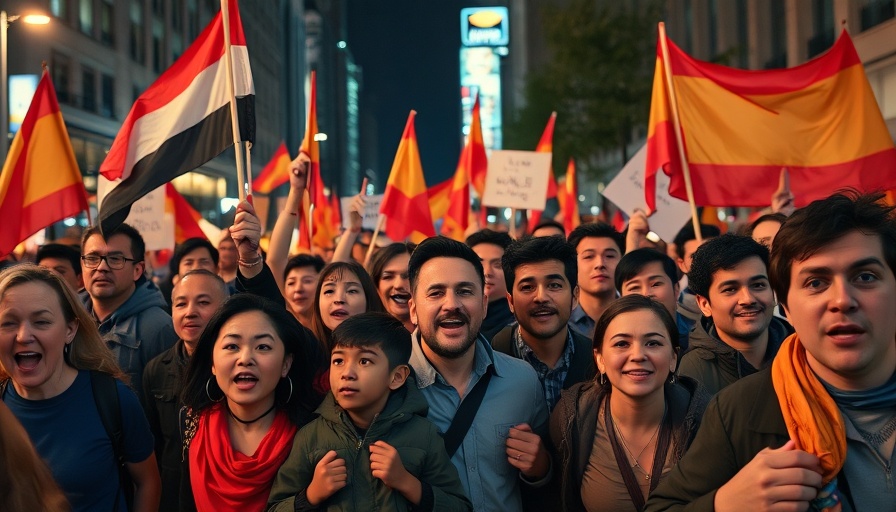
Israel Retrieves Body of Thai Hostage Nattapong Pinta Amid Ongoing Gaza Conflict
In a poignant development during the ongoing war between Israel and Hamas, Israel has confirmed the retrieval of the body of a Thai hostage, Nattapong Pinta, who was abducted from Kibbutz Nir Oz during the heightened violence that erupted on October 7, 2023. This tragic event comes amidst reports from Gaza’s health ministry that at least 95 people were killed in a single day due to Israel's military operations.
The Human Cost of Conflict: Thailand’s Loss in the War
The body of Nattapong, a 21-year-old who came to Israel for agricultural work, represents not only the loss of a life but also the grief of a nation. Thailand's foreign ministry has reported that 46 Thais have died during the ongoing war, and several others remain unaccounted for as hostages. Reports suggest that Thais constituted the largest group of foreigners among those held captive, primarily living in the southern parts of Israel that were dramatically affected at the war’s outset. Recognizing the impact of this war on families back home in Thailand creates a deeper understanding of the human stakes involved in the geopolitical complexities.
The Dynamics of Hostage Recovery Efforts: Challenges Ahead
The situation surrounding the remaining 55 hostages in Gaza places immense pressure on Israeli authorities. The military has reported that more than half of the hostages are believed to have been killed. With ongoing military actions and targeted strikes, including the reported killing of the head of the Mujahideen Brigades in Gaza City, the complexities of negotiations for hostages become ever clearer. The tragic tale of Nattapong Pinta can serve as a rallying point for discussions around better strategies for hostage recovery—an endeavor fraught with ethical questions and risks.
Broader Implications: A Look at International Relations
This incident raises not only humanitarian concerns but also questions about the diplomatic relationships between Israel and countries with hostages, such as Thailand. As these countries grapple with the fallout, the need for effective international communication and support during crises becomes evident. The Israeli-Palestinian conflict has always been a focal point of global discourse, and it's critical to understand how each incident affects international ties, particularly in the context of world opinion and governmental relationships. The retrieval of hostages, particularly those linked to foreign nations, adds another layer of complexity to the diplomatic landscape.
Conclusion: The Human Element in Geopolitical Struggles
As the conflict continues, the stories of individual lives, like Nattapong's, highlight the profound human tragedies at the heart of geopolitical strife. Every casualty has its story, and every policy decision carries weight—affecting families and communities far beyond the immediate conflict zone. While military actions may be necessary from a strategic perspective, it's vital for all parties to remember the humanitarian impact of these decisions. Engaging in dialogues that prioritize human life may pave the way for more peaceful resolutions in the ongoing conflict.
Understanding these events allows us to not only witness historical moments but also to contribute to a collective dialogue aimed at fostering peace and supporting one another in the aftermath of violence. As these issues evolve, it’s crucial for audiences globally to stay informed and engaged with the narratives that shape our collective future.
 Add Row
Add Row  Add
Add 




 Add Row
Add Row  Add
Add 

Write A Comment